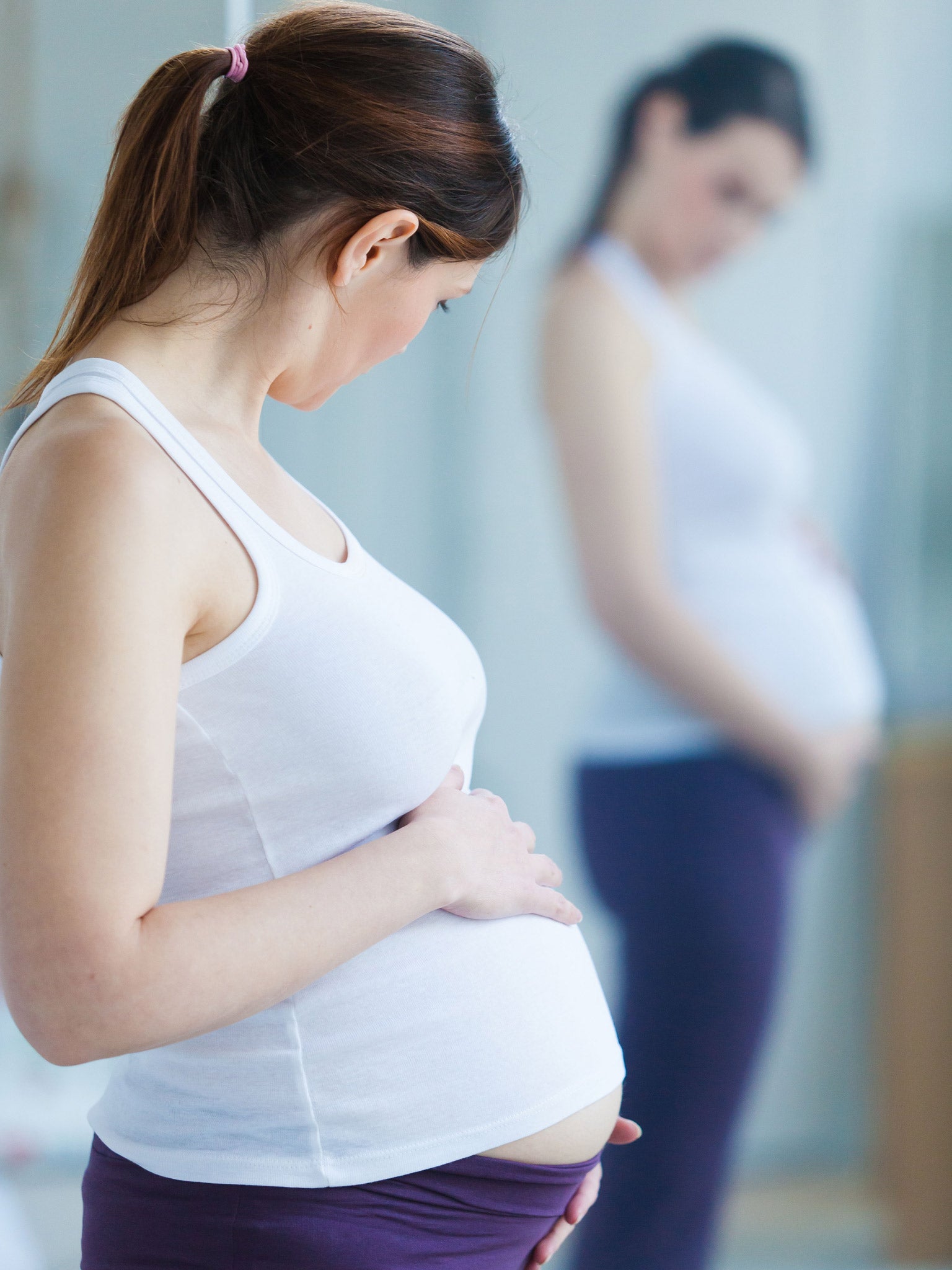Mothers' diets may harm IQs in two-thirds of babies
Most pregnant women are deficient in iodine, a mineral vital for cognitive development

Your support helps us to tell the story
From reproductive rights to climate change to Big Tech, The Independent is on the ground when the story is developing. Whether it's investigating the financials of Elon Musk's pro-Trump PAC or producing our latest documentary, 'The A Word', which shines a light on the American women fighting for reproductive rights, we know how important it is to parse out the facts from the messaging.
At such a critical moment in US history, we need reporters on the ground. Your donation allows us to keep sending journalists to speak to both sides of the story.
The Independent is trusted by Americans across the entire political spectrum. And unlike many other quality news outlets, we choose not to lock Americans out of our reporting and analysis with paywalls. We believe quality journalism should be available to everyone, paid for by those who can afford it.
Your support makes all the difference.Iodine deficiency is widespread amongst pregnant women in the UK and may be harming the cognitive development of their children, scientists have found.
The first large study of the problem in the UK has revealed that two-thirds of expectant mothers had a mild to moderate deficiency in the mineral, which was associated with significantly lower IQ and reading ability in their children at the ages of eight and nine.
Iodine is essential for growth and development of the brain, and pregnant women need 50 per cent more. Researchers said women should ensure they are getting enough from their diet – milk, yogurt and fish are the best sources – and that any pregnancy supplement they take contains iodine.
But they warned that kelp and seaweed supplements should be avoided as they contain variable levels of iodine and could lead to overdose. Severe iodine deficiency is known to cause brain damage and is the biggest cause of mental deficiency in the developing world. But mild to moderate iodine deficiency has been little studied – until now.
Researchers from the Universities of Surrey and Bristol examined records of 1,000 mothers who were part of the Children of the 90s study which has followed the development of children born to 14,000 mothers in Avon since 1990-91. They found that 67 per cent of the mothers had levels of iodine below that recommended by the World Health Organisation. Their children were divided into groups according to how well they performed on IQ and reading tests at eight and nine. The results showed those whose mothers had low iodine levels were 60 per cent more likely to be in the bottom group.
Children of mothers with low iodine scored six points lower on verbal IQ than those born to mothers with adequate iodine. Professor Jean Golding, founder of the Children of the 90s study, said the effect was large enough to influence exam grades later in life. “If iodine deficiency were rare I would not be so worried. But it is not rare. This may prevent a child reaching their full potential.”
Margaret Rayman, professor of nutritional medicine at the University of Surrey, who led the study published in The Lancet, said deficiency of iodine had been widespread in the UK until the 1960s. A change in farming practice led to iodine being added to winter cattle feed to boost milk yield in cows. Milk then became a good source of iodine, especially in winter, supplying 42 per cent of the population’s needs and it was assumed the UK had sufficient levels. However a Lancet study in 2011 found mild deficiency in schoolgirls in nine parts of the UK.
“You would expect to see a deficiency in women and girls. They don’t drink a lot of milk. Teenage girls are worried about their weight,” Professor Rayman said.
Conventional milk contained more iodine than organic milk, and white fish more than oily fish, she said. Recommended amounts for pregnant women were two portions of fish a week and three portions of dairy products a day. “If you are taking pregnancy supplements check the label – not all contain iodine. The recommended levels from all sources for pregnant and breastfeeding women are 250 micrograms of iodine a day, for adults 150 micrograms and for children 90-120 micrograms.”
Important iodine: Get the right amount
Pregnant and breastfeeding women, and those planning a pregnancy, need 250 micrograms daily. The best source is fish and dairy products.
As a guide, two portions of fish a week and three portions of dairy products a day should be sufficient. Women taking pregnancy supplements are advised to choose ones containing iodine. The recommended amount is 140-150mcgs a day – the rest coming from diet. It is important not to have too much – more than 600mcgs a day can cause thyroid problems. Kelp and seaweed supplements should be avoided as they contain excessive amounts of iodine.
Jeremy Laurance
Join our commenting forum
Join thought-provoking conversations, follow other Independent readers and see their replies
Comments